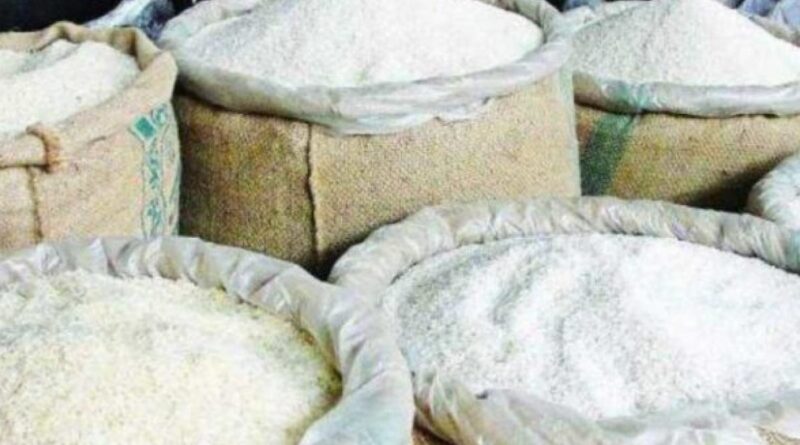Punjab’s shift from paddy may hit FCI’s rice procurement ops
By Ikhlaq Singh Aujla
If Punjab is asked to shift from paddy to other crops, as a measure to check stubble burning, which is among the major causes of severe air pollution in Delhi and other parts of north India during winters, it could have a major impact on the country’s public distribution system (PDS) through which food grain is disbursed to the economically weaker sections as part of the welfare scheme.
In the 2022-23 kharif marketing season (KMS), Punjab contributed 122.01 lakh metric tonnes (LMT) or 21.42% of rice to the Food Corporation of India (FCI) as part of its procurement for the central pool. In the past 10 years (2013-14 to 2022-23), the state has accounted for the highest contribution to FCI’s rice procurement operations in the country.
From the 2016-17 KMS, Punjab has been providing well over 100 LMT of rice to the FCI’s food grain kitty. During 2020-21 and 2021-22, when the country was reeling under the Covid-19 pandemic, the state managed to supply 135.89 LMT and 125.48 LMT rice to the FCI central pool, with its contributions being 22.55% and 21.78%, respectively.
Rice is the biggest kharif food grain procured by FCI as part of its central pool for the PDS. If Punjab farmers switch over to other kharif crops from paddy, the onus will be on other states to cover up over 20% of the rice deficit to the central pool that would be created due to the shift. Besides, the FCI may need to ramp up procurement of other kharif cereal crops to offset the probable drop in rice contribution from Punjab to the country’s food basket.
This article has been republished from The Times of India.

